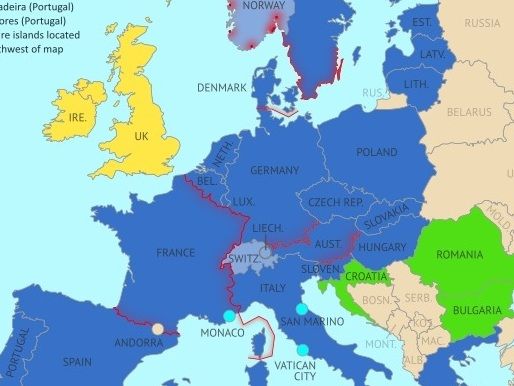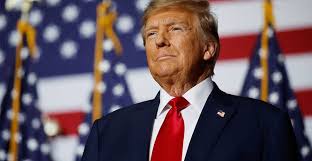
Recently German Chancellor Angela Merkel made a speech in Munich after the summit of Group-7 in Italy. She has touched necessary points that are related to German domestic and foreign issues, and the external policy of the European Union. Merkel said, the EU should be strong and not depend on other powers.
Eurasia Diary interviewed Radu Magdin, an analyst and consultant, former advisor to the Prime Minister of Romania and Vice-President of the Strategikon think tank regarding Merkel’s speech in Munich.
Eurasia Diary: Mrs Merkel said in her speech that Europeans must really take their fate in their own hands. However, some political experts regard that the fortune of the European Union depends on political and economic power of Germany. What is your opinion about this?
Radu Magdin: I think Mrs Merkel has several audiences for her speech: an internal one at home, it's a an appealing message, a leadership power signal to German citizens before elections, at European level ("Ladies and Gents from the EU, it's choosing time: either the EU with us, or your bilateral relationships with the US/ UK") and towards the US respectively the UK ("don't take us for granted, we can manage without you").
Germany is a previously reluctant EU leader who now understands it has a sense of collective mission as regards the survival and prosperity of the European club. I would say Berlin is key to the future of the EU and its shaping in the years to come, but EU's fortune does not depend on Berlin alone. Look at Macron's first foreign meetings and you will see triangle Paris-Berlin-Rome shaping the eurozone and the Union. The dilemma will be there for other EU countries: Should they listen to the first strong call of closer Union (this autumn, in a tandem Macron-Merkel-Renzi, in all probability), or risk being in a second tier group?
Eurasia Diary: How do you think, is Merkel really interested in maintaining neighborhood relations with Britain, USA and Russia?
Radu Magdin: She is, but not at all cost, and particularly not in costly terms as regards politics or perception: If Britain gets a too easy ride off Brexit then other exits may become tempting; if Trump is seen as pushing European partners on respecting financial commitments before NATO and backtracking relaxed on others (climate) then it affects German leadership in Europe and its vicinity; if Russia continues to break international law there is no border security at Europe's gates. At the same time, objectives have to be aligned with resources:Germany is rich, but may not have the money to pay up for a superpower foreign policy.
Eurasia Diary: During NATO summit, Donald Trump criticized that German exports is dominant in USA market. How do you predict German-USA diplomatic relations during Trump presidency?
Radu Magdin: Rocky at best. In order to have great diplomatic relations, you also need periodically diplomatic language, what a layman may call a "soft or a gentle tongue", a skill that is clearly not favored by the current White House leader.










